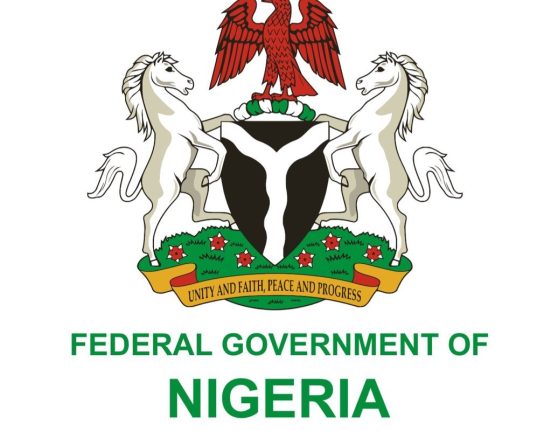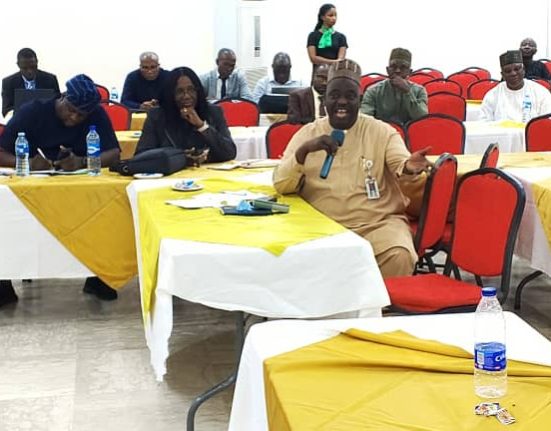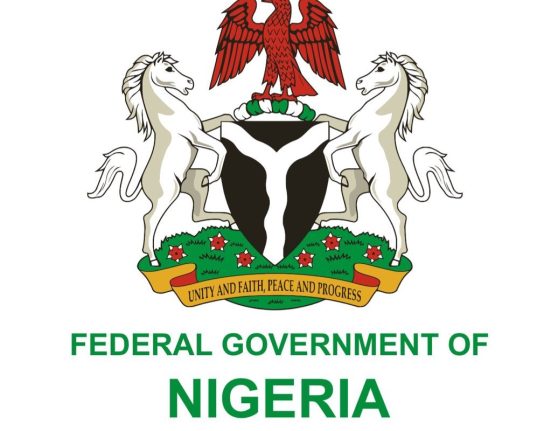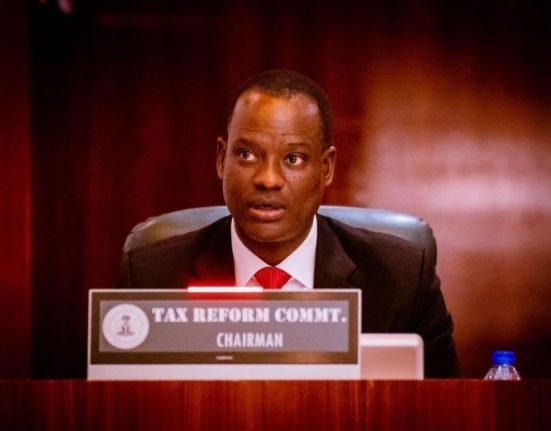The Federal Government of Nigeria has officially discontinued the Bilateral Education Agreement (BEA) scholarship programme, a move aimed at redirecting resources to improve the country’s local education system. The decision was announced by the Minister of Education, Dr. Yusuf Sununu, who described it as a strategic step toward ensuring a more equitable and sustainable distribution of educational opportunities within the country.
The BEA programme had allowed Nigerian students to study in countries such as China, Russia, Hungary, Egypt, Morocco, Algeria, and Serbia through partially funded agreements between Nigeria and those governments. However, the Federal Government stated that the programme had become increasingly unsustainable and inefficient.
Dr. Sununu highlighted that several courses previously funded abroad, such as Psychology, English, and Sociology, are already offered in Nigerian universities—often at comparable or even higher academic standards. He noted that funds previously used for tuition, travel, stipends, and other costs under the BEA initiative would now be invested in revitalizing infrastructure, improving academic quality, and increasing scholarship coverage in local institutions.
In addressing public concerns, the Education Minister assured that current beneficiaries of the BEA scheme will continue to receive government support until the completion of their programmes. He emphasized that other scholarship initiatives—including the Nigerian Scholarship Awards, the Bursary for Education students, and the Presidential Scholarship for outstanding NYSC alumni—will remain in place.
Furthermore, Dr. Sununu clarified that while the BEA has been discontinued, Nigeria will continue to consider fully funded foreign scholarship offers—provided the sponsoring countries cover all expenses including tuition, accommodation, transport, medical insurance, and a monthly living stipend of at least $500.
This policy shift, according to the Ministry, reflects President Bola Tinubu’s commitment to building a more resilient and inclusive education system, one that prioritizes national development and supports a broader spectrum of students through homegrown academic opportunities.







